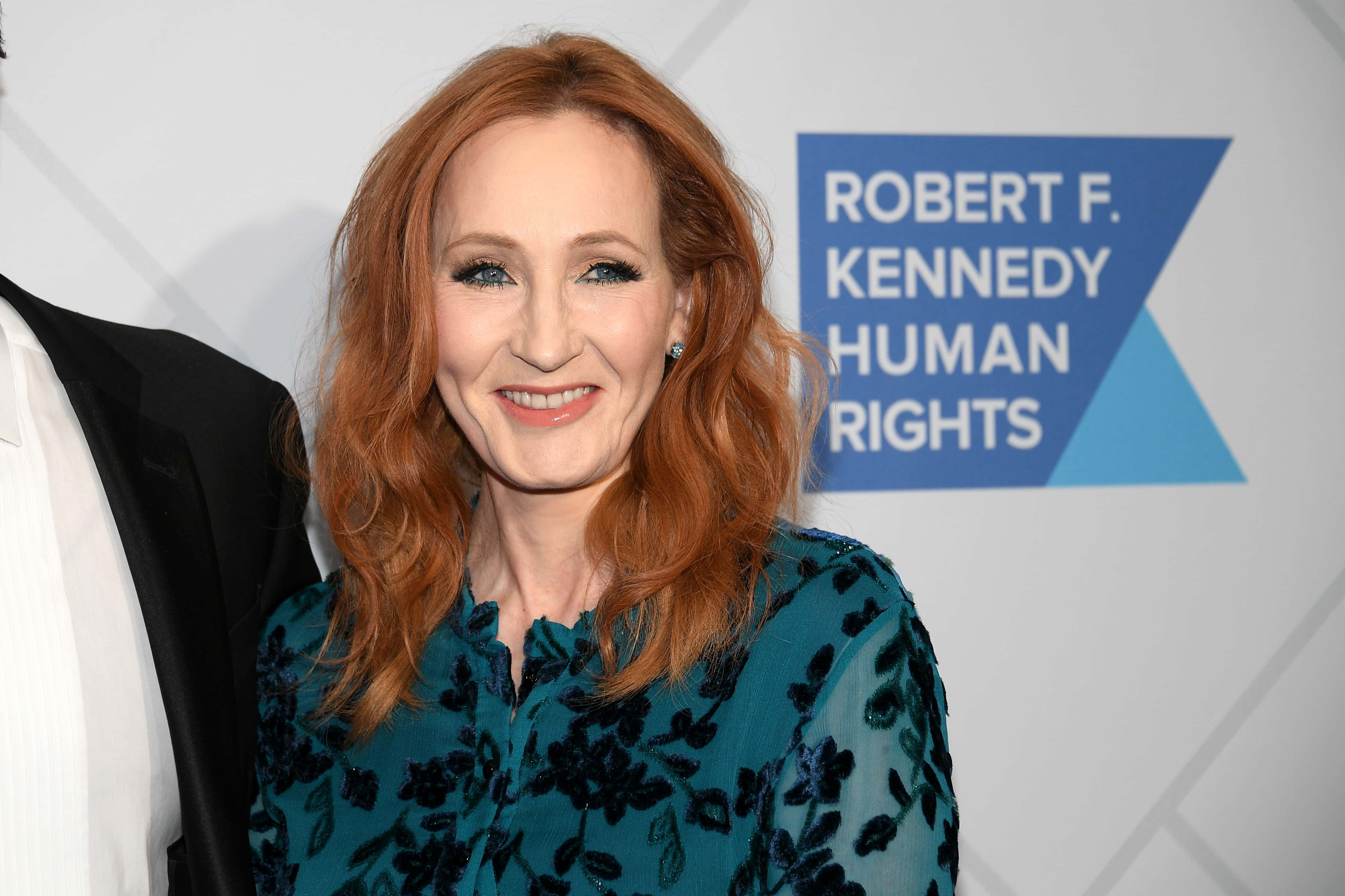JK Rowling joins Salman Rushdie, Margaret Atwood among others to slam 'cancel culture' amid trans controversy

JK Rowling, along with authors like Margaret Atwood, Salman Rushdie, Noam Chomsky and other academicians and journalists signed a letter condemning "cancel culture" after the Harry Potter fame author was attacked for voicing her opinion on trans women. At least 150 celebrated people supported the movement led by Pulitzer-prize winning writer Anne Applebaum, who warned that "Twitter mobs" including President Donald Trump, were placing "very important restraints on freedom of speech."
Rowling warned that an "intolerance of opposing views" and "vogue for public shaming" has led to people being fired and blacklisted for expressing their personal opinions publicly.
The letter, which was published in Harper's, stated: "The free exchange of information and ideas, the lifeblood of a liberal society, is daily becoming more constricted," it adds that signees want to "uphold the value of robust and even caustic counter speech from all quarters... It is now all too common to hear calls for swift and severe retribution in response to perceived transgressions of speech and thought."

The letter came days after Rowling was viciously attacked online as "transphobic" after she criticized an article which referred to "people who menstruate" instead of calling them women. Rowling wrote: "‘People who menstruate’. I’m sure there used to be a word for those people. Someone help me out. Wumben? Wimpund? Woomud?” Her remarks drew criticism from multiple Harry Potter stars including Daniel Radcliffe, Emma Watson, Rupert Grint and Bonnie Wright, who all publicly smaller the author for her remarks. The Handmaid's Tale author, Margaret Atwood, also publicly disagreed with Rowling's stance, however, she was among the ones who signed the letter calling for free speech.
Rowling's controversial comments on transwomen also led to at least four writers resigning from The Blair Partnership, which has long represented the Harry Potter author. Rowling had also previously shown support for Maya Forstater, a researcher at a think tank, for stating that people cannot change their biological sex. Forstater later lost her job.
Shortly after her transphobia controversy, Rowling has tweeted, saying online trolls had abused her, calling her "transphobic, a c***, a b***," while some allegedly said that she "deserved punching and death." The author, days later, addressed the controversy again and defended her stance on mental health medication in a series of tweets on July 5, after a Twitter user accused her of calling people who take mental health medication "lazy." The Harry Potter creator defended herself, saying that she will not ignore tweets defaming her anymore. "I've ignored fake tweets attributed to me and RTed widely," she wrote. "I've ignored porn tweeted at children on a thread about their art. I've ignored death and rape threats. I'm not going to ignore this." The author also appeared to refer to trans surgeries as "a new kind of conversion therapy for young gay people."
Meanwhile, Applebaum, spearheading the movement, in a conversation with BBC Radio Four on Wednesday, July 8, said: We're worried about pressures that come at the moment from both the right and the left. In the United States, we have a President who denounces by names the owners of newspapers and seeks to restrain them and seeks to actually use tools of government to stop them."
"At the same time we have the phenomenon of social media panics and Twitter mobs that seek to silence people who veer from one orthodoxy or another. These are both very important restraints on freedoms of speech and also on people's sense of risk aversion," the journalist said. "It wouldn't hurt younger people to go back and listen to arguments that were made 20 and 30 years ago in order to understand some of the context and some of the discomfort that people feel now."










